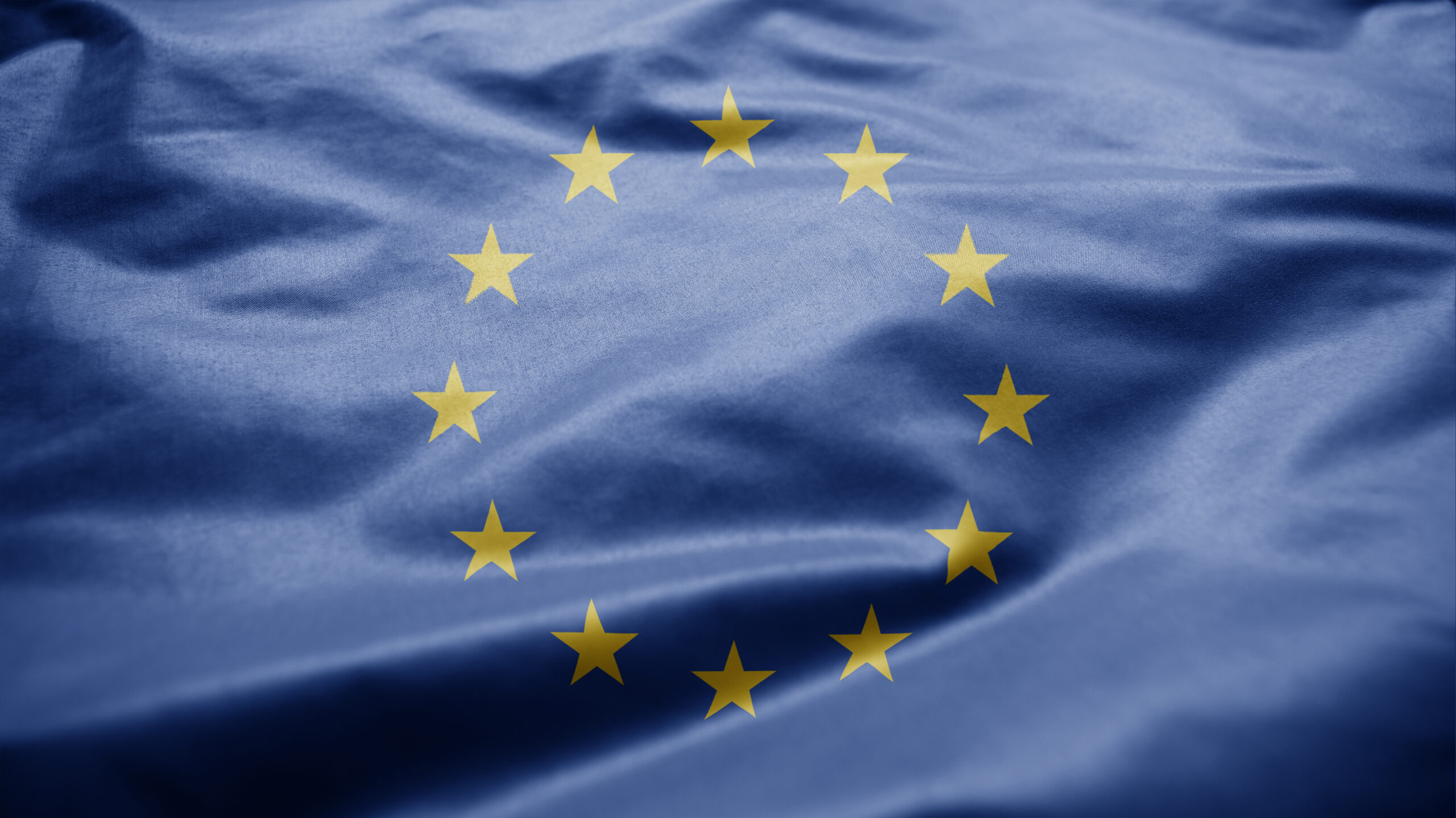FPF Launches Cybersecurity and Data Privacy Expert Group, Bringing Together Top Leaders for Advisory Committee
As the world becomes more ingrained and dependent on digital systems, the need to explore the challenges posed by emerging technologies and develop ethical norms and workable best practices grows. Today, FPF launched its Privacy and Cybersecurity Expert Group and announced the Inaugural Advisory Committee to lead FPF’s exploration of the intersection of privacy and […]
FPF Participates in FTC Event on “Commercial Surveillance and Data Security” Proposed Rulemaking
Yesterday, FPF Senior Director for U.S. Policy Stacey Gray participated in a panel discussion hosted by the Federal Trade Commission (“FTC”) regarding its Advance Notice of Proposed Rulemaking (“ANPR”) on “Commercial Surveillance and Data Security” (comments start at 1:39:00). Feedback from the public forum is intended to help inform the Commission’s decision whether to proceed […]
ETSI’s consumer IoT cybersecurity ‘conformance assessments’: parallels with the AI Act
In early September 2021, the European Telecommunications Standards Institute (ETSI) published its European Standard to lay down baseline cybersecurity requirements for Internet of Things (IoT) consumer products (ETSI EN 303 645 V2.1.1). The Standard is a recommendation to manufacturers to develop IoT devices securely from the outset. It also provides an internationally recognized benchmark – […]
A Look Back at the Role of Law and the Right To Privacy in LGBTQ+ History
By Katelyn Ringrose, Christopher Wolf Diversity Law Fellow at the Future of Privacy Forum, and Christopher Wood, Executive Director of LGBT Tech, with thanks to Connor Colson, FPF Policy Intern. LGBTQ+ rights are, and have always been, linked with privacy. Over the years, privacy-invasive laws, practices, and norms have been used to oppress LGBTQ+ individuals […]
FPF Testifies at FTC Data Portability Workshop
Yesterday, on September 22, 2020, the Federal Trade Commission held a public workshop, “Data To Go,” examining the benefits and challenges of data portability frameworks for consumers and competition. As a panelist during the first discussion, FPF’s Gabriela Zanfir-Fortuna discussed: how data portability operates in different commercial sectors; lessons learned from the GDPR and other […]
It’s Raining Privacy Bills: An Overview of the Washington State Privacy Act and other Introduced Bills
By Pollyanna Sanderson (Policy Counsel), Katelyn Ringrose (Christopher Wolf Diversity Law Fellow) & Stacey Gray (Senior Policy Counsel) Today, on the first day of a rapid-fire 2020 legislative session in the state of Washington, State Senator Carlyle has introduced a new version of the Washington Privacy Act (WPA). Legislators revealed the Act during a live press […]
Warning Signs: Identifying Privacy and Security Risks to Machine Learning Systems
FPF is working with Immuta and others to explain the steps machine learning creators can take to limit the risk that data could be compromised or a system manipulated.
What is 5G Cell Technology? How Will It Affect Me?
The leap from 3G to 4G technology brought with it faster data transfer speeds, which supported widespread adoption of data cloud and streaming services, video conferencing, and Internet of Things devices such as digital home assistants and smartwatches. 5G technology has the potential to enable another wave of smart devices: always connected and always communicating to provide faster, more personalized services.
GDPR: A Year On – IEEE calls for articles
Do you have an interesting perspective on Europe’s General Data Protection Regulation or insightful information about GDPR to share? IEEE Security and Privacy seeks articles from scholars and practitioners from various disciplines and countries to examine GDPR: A Year On. Successful submissions will address (among other topics) the GDPR’s: • position at the intersection of […]
FPF Releases Guide to Disclosing Information During School Emergencies
The Future of Privacy Forum released a guide to help school officials understand their ability under the law to share information about students in an emergency situation.










